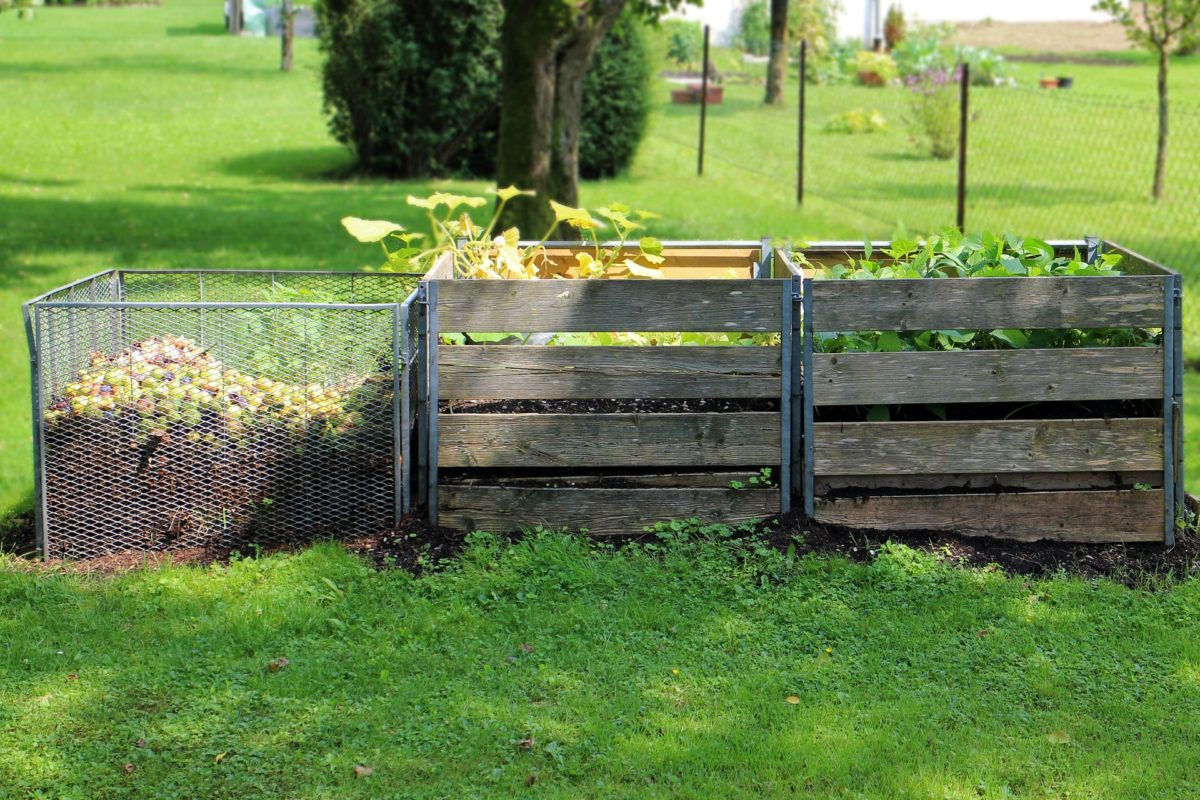No products in the cart.
Garden Shop, Gardening Tips
GARDEN COMPOST
GARDEN COMPOST
Simply, compost is decomposed organic matter. The leaves that break down on the floor of forests are compost, as to are the dead bodies at the cemetery. Generally, all organic matters that die break down into compost but at with different quantity. Also, the process of decomposition is facilitated by plants, animals, microbes, moulds, water, and air.
The type of compost to use depends on you’re the type of gardener you are. Do you make your own garden compost or buy them from a garden supplier in the UK? The difference in the composition of garden compost in the UK is a subject to the ingredients in their garden composters.
Compost generally provides the soil with nutrients needed for plants germination and survival. Yet, the variety of nutrient in the compost will depend on what the compost was originally composed of. For instance, Nitrogen-rich poultry manure will produce Nitrogen-rich compost.
Compost that is made from a wide variety of ingredients is the best for gardens because the resulting humus is full of numerous nutrients. Good garden compost must be spongy in texture and contains all the microelements needed in the garden.
Hence, if you are making compost at home, ensure that you include as many different nutrients as much as possible in your garden compost bin. This is the only way you can get compost with the widest varieties of nutrients for your garden. Alternatively, you can visit a garden supplier near you to purchase your garden compost.
If you are able to carry out your composting very well, garden compost is a nutty and beautiful product that improves the productivity and fertility of your garden. To successful gardeners, making compost is a sure way to save lots of money, gather materials from the environment, and recycle waste. More importantly, it is a cheap way to keep the garden productive for a long period of time. Continuous harvesting of crops reduces the soil nutrient, vitality and bulk. If these lost materials are now replaced, the soil may completely and totally lose its fertility, making it unfit for further garden and agricultural usage.
It should be noted that compost does not has the immediate potentiality to serve as an instant source of nutrient for plants, unlike organic nutrients. Nevertheless, it serves as a feeder and bulker for the soil. The nutrients that are present in the compost will be slowly released which means that adding compost on the garden means feeding the soil for a long-term. This will promote the production of plants that are fully developed and tough and not the sappy type of growth which is susceptible to diseases which are produced by “quick release” fertilizers.
Additionally, you do not need to dig up your garden soil before you can introduce your compost. Once you apply the compost to the surface of the garden soil, it is the soil microbes, worms, and bacteria that will pull down the compost and release its nutrient.
Conclusively, while leaf droppings, animal dung and dead plants can serve as compost for your garden soil, it is also important to step up compost pit where your organic kitchen wastes, environmental wastes, and dead plants and animals remain on your farm will be put and made into compost. You also need to inform your friends about your compost pit so that they can transfer all their organic wastes to you in order to hasten and supply enough materials for your compost processing.
However, the garden supplier is online garden equipment and materials suppliers that offers high-quality garden compost with a wide range of nutrients. Should you need compost for your garden, contact us today!

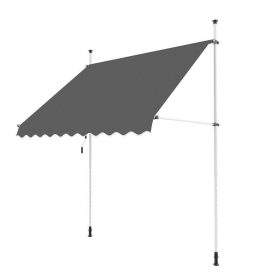 INT100 – Balcony
INT100 – Balcony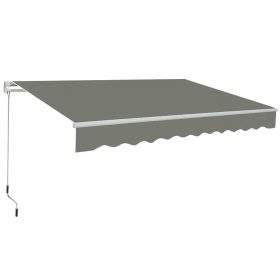 INT200 – No Cassette
INT200 – No Cassette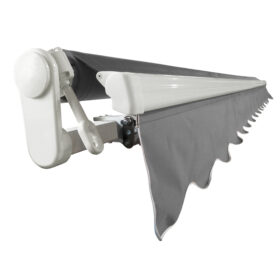 INT300 – No Cassette
INT300 – No Cassette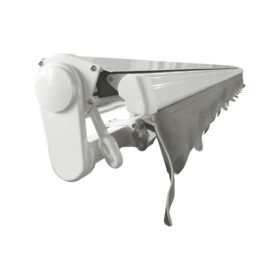 INT400 – Half Cassette
INT400 – Half Cassette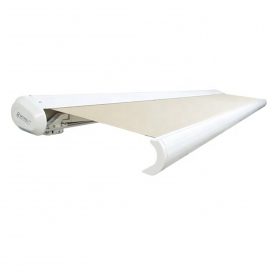 INT500 – Awning UK
INT500 – Awning UK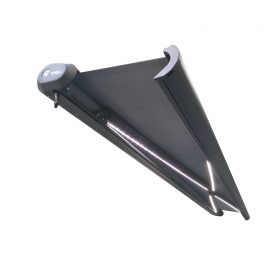 INT500 – AWNING USA
INT500 – AWNING USA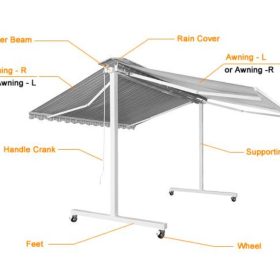 INT650 – Free Standing+
INT650 – Free Standing+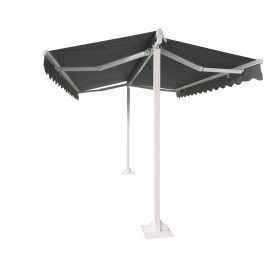 INT600 – Free Standing
INT600 – Free Standing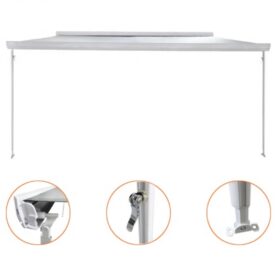 INT700 – Caravan
INT700 – Caravan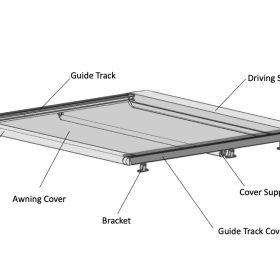 INT800 – Pergola Awnings
INT800 – Pergola Awnings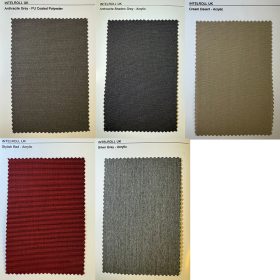 Fabric Samples
Fabric Samples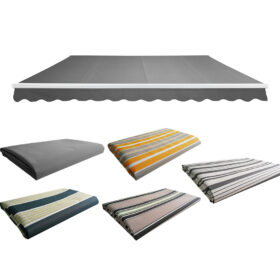 Replacement Fabric
Replacement Fabric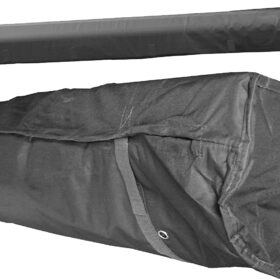 Rain Weather Cover
Rain Weather Cover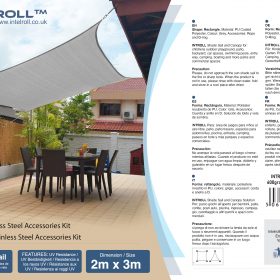 Sun Shade Sail
Sun Shade Sail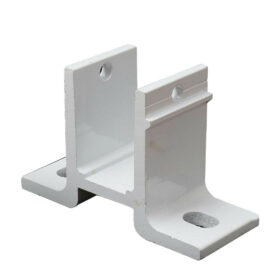 Brackets
Brackets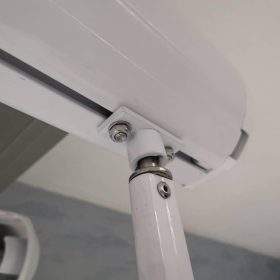 Support Pole Leg
Support Pole Leg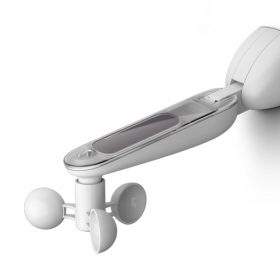 Wind Sun Sensors
Wind Sun Sensors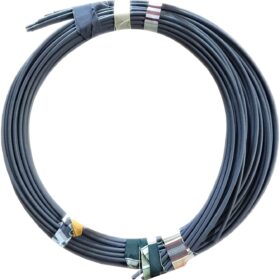 Tension Cable
Tension Cable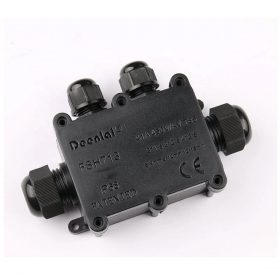 Electric parts
Electric parts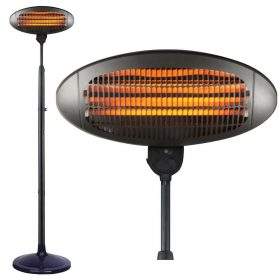 Infrared Heater
Infrared Heater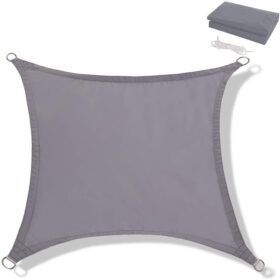 Sun Shade Sail
Sun Shade Sail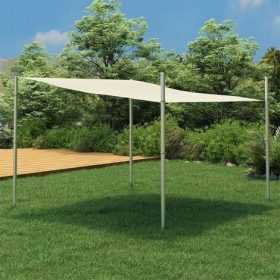 Sun Shade Sail Pole 1.5m – 6m
Sun Shade Sail Pole 1.5m – 6m Fitting Kit
Fitting Kit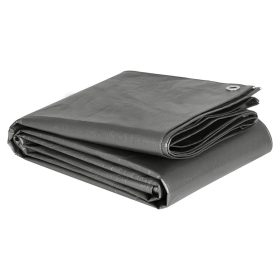 Tarpaulin
Tarpaulin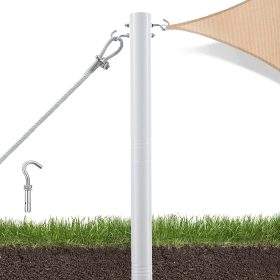 63mm Sun Shade Sail Pole
63mm Sun Shade Sail Pole